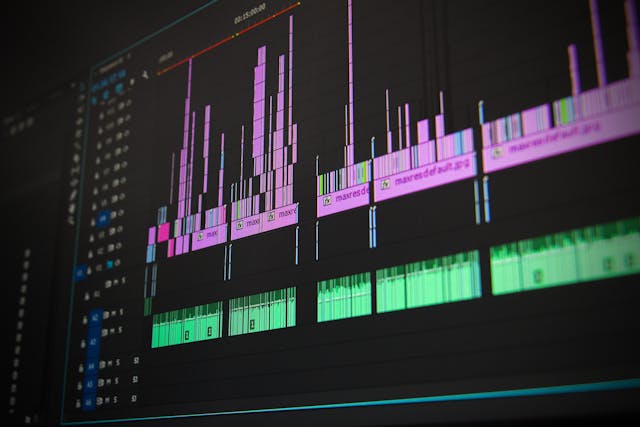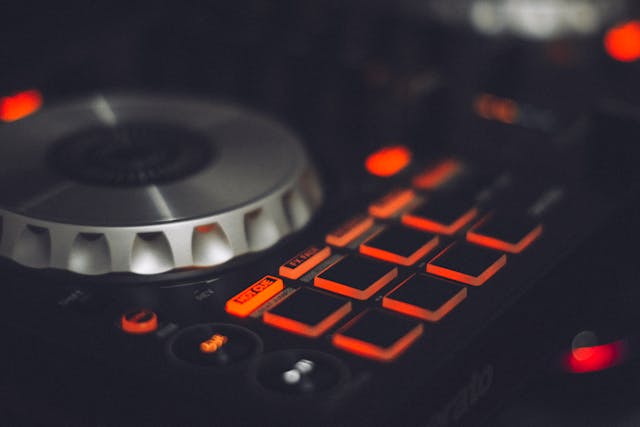AI in Music Creation: Revolutionizing Composition and Production
Artificial intelligence (AI) is changing the way music is made. From writing melodies to producing full tracks, AI tools are helping artists, producers, and even hobbyists create music faster and in new ways. This technology is transforming the music industry, opening up fresh creative possibilities.
Let’s explore how AI is revolutionizing music composition and production today.

How AI Helps in Music Composition
1. Generating Melodies and Harmonies
AI algorithms can analyze thousands of songs to learn patterns and styles. Using this knowledge, they can generate original melodies, chord progressions, and harmonies in seconds. Musicians can use these ideas as a starting point or inspiration.
2. Customizing Music Styles
AI tools allow composers to create music tailored to specific genres, moods, or instruments. Whether it’s jazz, pop, classical, or electronic, AI can adapt its output to fit the desired style.
3. Collaborating with Artists
Some AI systems work like co-creators, suggesting musical ideas or variations that artists can accept, modify, or reject. This interaction helps human creativity flourish alongside machine assistance.
AI’s Role in Music Production
1. Mixing and Mastering
AI-powered software can analyze tracks and automatically adjust levels, equalization, and effects to produce professional-quality mixes. This makes high-quality production more accessible to independent musicians without expensive studios.
2. Sound Design
AI can create new sounds and textures by manipulating audio samples or synthesizing entirely new tones, expanding the palette available to producers.
3. Speeding Up Workflow
Automation of repetitive tasks, like beat matching or noise reduction, saves producers time, letting them focus more on creative decisions.
Benefits and Challenges
Benefits
- Accessibility: AI tools lower barriers for beginners and indie artists.
- Inspiration: AI can spark new ideas and help overcome creative blocks.
- Efficiency: Faster production workflows help meet tight deadlines.
Challenges
- Originality Concerns: Some worry AI-generated music lacks the emotional depth of human creation.
- Copyright Issues: Questions remain about who owns AI-created music and how to protect artists’ rights.
- Overreliance: Excessive use of AI may reduce personal artistic growth.
Real-World Examples
Artists like Taryn Southern and Holly Herndon have embraced AI in their work, blending technology with human creativity. Platforms like Amper Music, AIVA, and OpenAI’s MuseNet offer tools for anyone to experiment with AI music creation.
What’s Next for AI in Music?
As AI continues to improve, it will become a more seamless partner in the creative process. Future tools might better understand emotions, lyrics, and storytelling, making music even more expressive and unique.

Final Thoughts
AI is not here to replace musicians but to expand what’s possible in composition and production. By combining human emotion with machine intelligence, AI is opening a new chapter in music creation—one full of exciting potential for artists and listeners alike.












